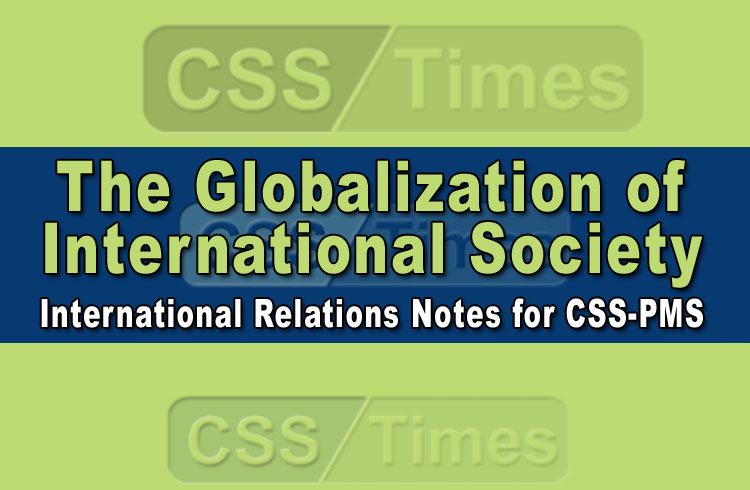The spread of European political control beyond Europe which began in the late fifteenth century and only came to an end in the early twentieth century proved to be an expansion not only of European imperialism but also, later, of international society Indeed, the history of European imperialism and the ‘globalization of international society^ are fundamentally intertwined. The history of modem Europe is—in very significant part—a history of political and economic rivalry, particularly war between sovereign states, and subsequent expansion into and engagement with the non-European world. European rivalries were conducted wherever European ambitions and power could be projected—i.e. eventually on a global scale. During this period, the logic of capitalism meant that European states entered into competition with each other to penetrate and control economically desirable and militarily useful areas in other parts of the world. To an important extent, then, the histories of the European and non-European worlds are fundamentally intertwined in ways not always captured by traditional understandings of the European ‘society of states’
